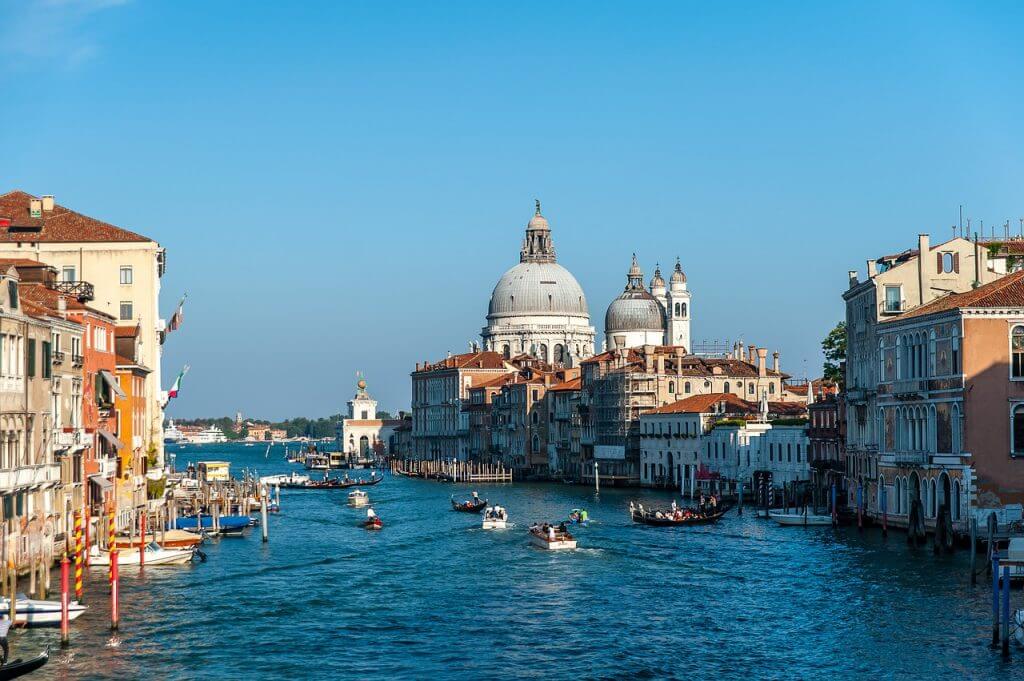Our world as we know it has turned upside down in a bizarre turn of events. In a matter of months everything has been transformed. Lacks of people lost their lives and even more have fallen ill, from a virus previously unknown before appearing in Wuhan latter last year. Even though there are millions of people who have not caught Covid-19, their entire lives have taken a new form.
As the virus infections grew exponentially various restrictive measures were taken by every nation. While these developments have inflicted substantial economic and social shocks as global production, consumption and employment levels dropped precipitously, they have also been associated with significant reductions in air pollution and greenhouse gas emissions.

The skies are clearing of pollution, wild life are returning to greener habitats, fishes are swimming in clear waters and with lesser air traffic birds are flying around merrily. The oil industry, a key driver of the climate crisis and environmental disaster, is in turmoil which considerably benefited the environment.
Air quality levels in the world’s major cities improved dramatically in the last months. Air quality improved largely because of a reduction in factory and road traffic emissions of carbon dioxide (CO2), nitrogen oxides (NOx) and related ozone (O3) formation, and particulate matter (PM).
During the same period, global air traffic dropped by 60%. Taken together, these emissions reductions have led to a temporary dip in CO2 emissions from their pre-crisis levels, encouraging some to hope that our global society may indeed be able to reduce greenhouse gas emissions substantially over the long term to mitigate impending climate change.
So long as the corona virus crisis keeps economic activities reduced, emissions will remain relatively low. However, it would be short sighted to conclude this is a durable environmental improvement as emissions will most likely rise to previous levels or even higher when economic activity picks up as the crisis resolves.
Many environmental campaigners are thus demanding that bailout packages for transportation companies and industrial manufacturers include provisions for large emissions reductions in their future operations. Such provisions could help prevent pollutant emission levels from rising to pre-crisis levels going forward.
“This isn’t the way we would’ve wanted things to happen, God no,” said Gina McCarthy, former head of the US Environmental Protection Agency in the Obama administration. “This is just a disaster that pointed out the underlying challenges we face. It’s not something to celebrate.”
How people react to the return of normalcy after the pandemic will help define the crises racking the environment. Conservationists warn that returning the world to its pre-pandemic settings will quickly wipe out any environmental benefits of the shutdown unless we seize this opportunity to re-chart our course.



![The Top & Most Popular Seafood Bucket Restaurants in Dubai for you [Never Miss]](https://uae24x7.com/wp-content/uploads/2020/09/8-seafood-in-a-bucket-scaled-e1600739237403.jpg)
![Procedures for Renewing the Driving License in Abu Dhabi [3 Simple Steps]](https://uae24x7.com/wp-content/uploads/2020/07/Capture-9-e1595666454466.jpg)





